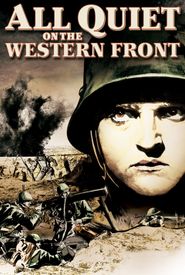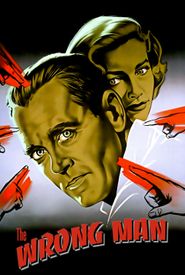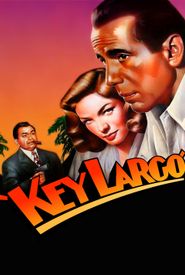James Maxwell Anderson was born on December 15, 1888, in Atlantic, Pennsylvania, to William Lincoln Anderson and Charlotte Perrimela (Stephenson) Anderson. He spent his formative years on his maternal grandmother's farm in Atlantic before the family moved to Andover, Ohio when he was three years old.
His father attended a seminary at night to study for the ministry while he supported the family as a railroad fireman. The family's life was a vagabond one until they settled in Jamestown, North Dakota in 1907.
Anderson attended schools in Ohio, Iowa, North Dakota, and Pennsylvania. He graduated from Jamestown High School and went to the University of North Dakota in 1908. He worked his way through college as a waiter and serving on the night copy desk of the newspaper "The Grand Forks Herald." He was a member of the literary society Ad Altiora at UND and helped put together the "Dacotah" Annual. He also participated in college theatrics, serving as assistant director for the Sock and Buskin Dramatic Society.
Graduating with a Bachelor of Arts degree in English Literature in June 1911, Anderson married his UND classmate Margaret Haskett, a farmer's daughter, on August 1, 1911. They eventually had three sons, Quentin, Alan, and Terence.
His first job after college was serving as the principal of the Minnewaukan, North Dakota high school, where he doubled as an English teacher. After making pacifist comments to his students, his contract was not renewed, and he moved to Palo Alto, California, where he enrolled in a master's program in English Lit at Stanford University.
After graduating from Stanford in 1914, he spent three years as a high school English teacher in San Francisco before accepting an offer to become chairman of Whittier College's English Department in 1917. Once again he got in trouble with his pro-pacifist statements, and he was fired after his first year for speaking out publicly on behalf of a student seeking conscientious objector status during World War I.
Moving back to San Francisco, he worked as a journalist on the "San Francisco Chronicle" and the "San Francisco Bulletin," then moved to New York City to take an editorial position on the liberal periodical "The New Republic." He continued his work as a newspaperman, becoming a stringer for the "New York Globe" and the New York World." He also found time to help launch the poetry magazine "Measure."
Turning his interest to the theater, he wrote his first play in 1923. Written in verse, "White Desert" was a flop, lasting only 12 performances, but it attracted the attention of "New York World" critic Laurence Stallings. Stallings chose Maxwell as his collaborator on his World War One play "What Price Glory?" Opening on September 3, 1924, the play was one of the stage sensations of the decade, earning kudos and running for 430 performances.



































